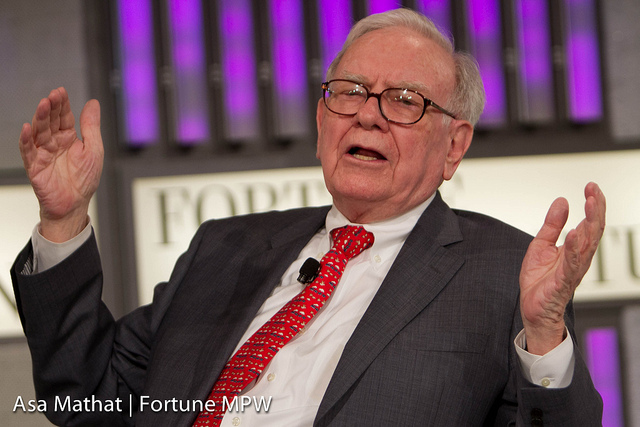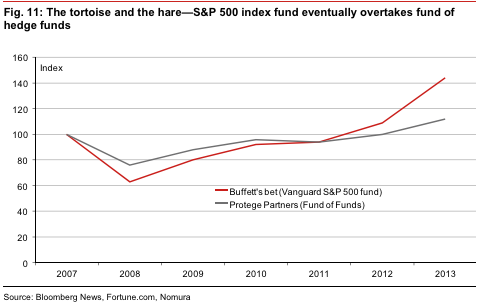[iframe src=”<iframe height=”298″ src=”http://player.theplatform.com/p/gZWlPC/vcps_inline?byGuid=3000300479&size=530_298″ width=”530″></iframe>”]
Often, media narratives don’t properly reflect the reality of a situation.
For example, news has been breaking over the past few weeks of pension funds decreasing their exposure to hedge funds and alternatives. That includes CalPERS, who plan to chop their hedge fund investments dramatically. The reason: high fees associated with those investments are eating into returns.
But according to a new report, pension funds are planning to increase their allocations toward alternatives, more than any other asset class, for years to come.
Consulting firm McKinsey & Co. surveyed 300 institutional investors about their future plans investing in alternatives. (McKinsey defines “alternatives” as hedge funds, funds of funds, private-equity funds, real estate, commodities and infrastructure investments.)
As for the question of whether funds will continue to invest in alternatives, the answer was a resounding yes: the respondents indicated they would like to increase their exposure to alternatives by 5 percent annually.
The reportnotes that pension funds believe their traditional investments, which have been garnering great returns as the bull market saunters on, run the risk of not meeting actuarial return assumptions in the medium-term, or when the market comes down off its high. At that point, pension funds want to be invested in higher-yielding instruments to meet return assumptions. From CFO Magazine:
McKinsey suggests that the bull market, now more than five years old, can’t be expected to continue indefinitely. Indeed, the report says institutional investors that manage money for pension plans are moving more money into alternatives out of “desperation.”
“With many defined-benefit pension plans assuming, for actuarial and financial reporting purposes, rates of return in the range of 7 to 8% — well above actual return expectations for a typical portfolio of traditional equity and fixed-income assets — plan sponsors are being forced to place their faith in higher-yielding alternatives,” McKinsey writes.
But, the consulting firm notes, the rapid growth of alternatives is not simply the result of investors chasing high returns. “Gone are the days when the primary attraction of hedge funds was the prospect of high-octane performance, often achieved through concentrated, high-stakes investments. Shaken by the global financial crisis and the extended period of market volatility and macroeconomic uncertainty that followed, investors are now seeking consistent, risk-adjusted returns that are uncorrelated to the market.”
The Los Angeles Fire and Police Pensions fund is at least one fund going against the grain here: it recently took 100 percent of its money out of hedge fund investments.


